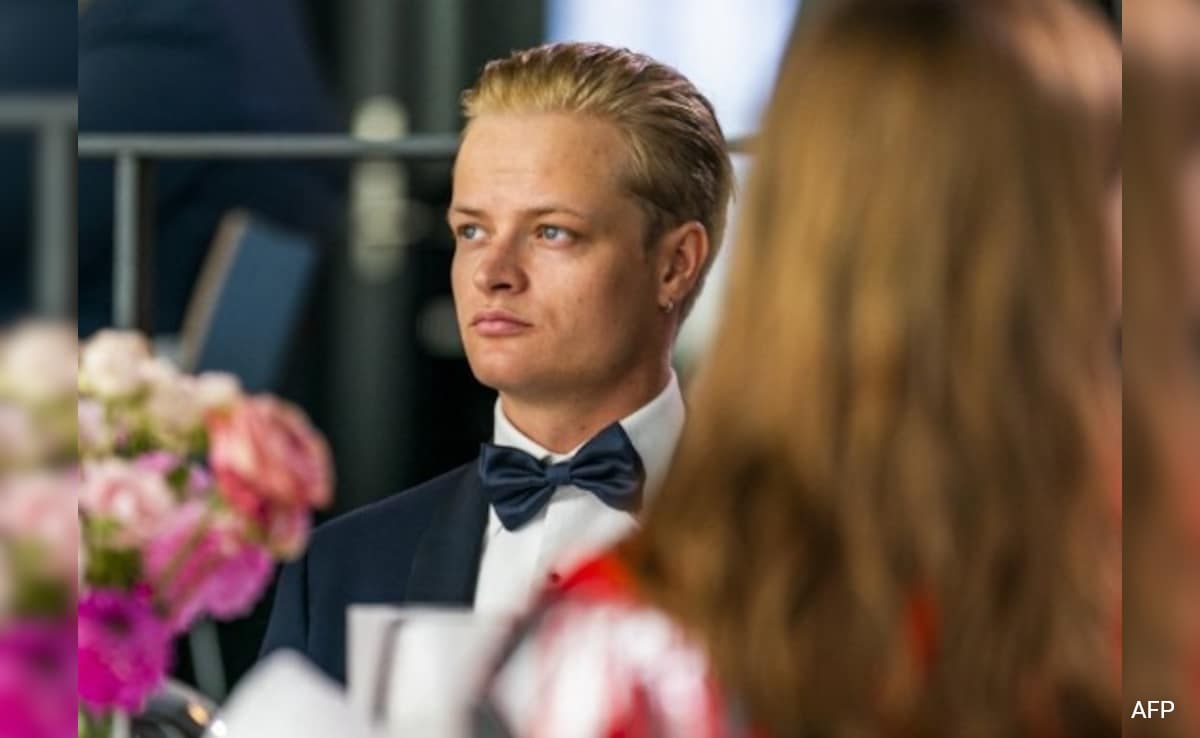The Defense Ministry said it respects the verdict but has decided to appeal. A ministry official said it plans to ask the Justice Ministry to approve the filing, as required by law. Local media reported that the ministry was worried about a possible backlash in the military and administrative confusion if it accepts the ruling.
The appeal is expected to draw strong protests from human rights groups, which have been urging the military to accept the verdict and work out measures to guarantee service for sexual minorities.
South Korea prohibits transgender people from joining the military but has no specific laws on what to do with those who have sex change operations during their time in service. When the army discharged Byun Hui-su in January last year, it cited a law provision allowing it to dismiss personnel with physical or mental disabilities if those werenât a result of combat or suffered in the line of duty.
In its Oct. 7 ruling, the Daejeon District Court ruled against the discharge, saying that Byun had already informed the army that she had registered her request to change her legal status as a woman with another local court. Her request for a legal gender change was approved less than a month after her discharge.
Byun was found dead at her home in March at age 23. Before her discharge, Byun, a staff sergeant, told reporters that she wanted to serve as a female soldier near the tense border with North Korea.
Public views on gender issues in South Korea have gradually changed in recent years. However, a strong bias against sexual minorities still runs deep.
.png)











 English (United States) ·
English (United States) ·  Turkish (Turkey) ·
Turkish (Turkey) ·